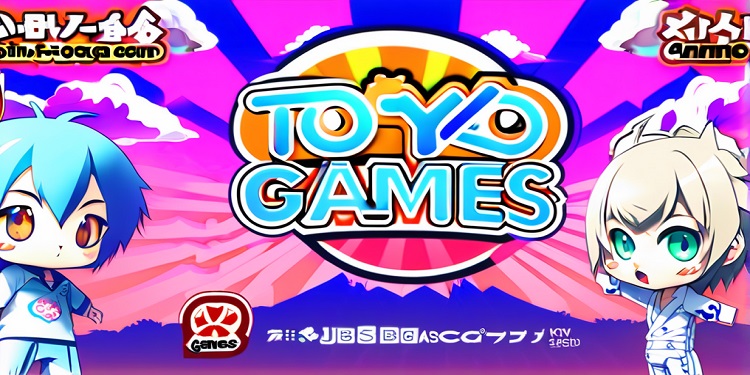Animoca Brands Japan, a key subsidiary of Animoca Brands Corporation Ltd, has entered into a strategic partnership with TOKYO STUPID GAMES, a gaming platform that focuses on integrating real-world assets (RWAs) with Japanese brands and intellectual property (IP). Through this collaboration, Animoca Brands Japan intends to leverage its extensive network to support the global expansion of TOKYO STUPID GAMES, primarily assisting in marketing efforts and the development of token economy planning and design.
The partnership is aimed at driving forward the mass adoption of Web3 technology by positioning itself as a key player connecting Japan and international markets. Animoca Brands Japan’s leadership expressed its enthusiasm for the collaboration, emphasizing the potential to accelerate the growth of Web3 by creating new opportunities for Japanese brands to enter global markets. The partnership aligns with the subsidiary’s broader mission of promoting Web3 adoption and facilitating the growth of Japanese IPs beyond national borders.
TOKYO STUPID GAMES is focused on promoting Japanese brands and IPs domestically and internationally by using Web3 gaming to introduce real-world assets. This approach is closely aligned with the goals of Animoca Brands Japan, which seeks to advance the global visibility of Japanese culture through blockchain and Web3 applications. By partnering with Animoca Brands Japan, TOKYO STUPID GAMES is expected to tap into a broader network of opportunities, helping to spread Japanese culture and assets to the wider world.
One of the key features of TOKYO STUPID GAMES is the development of a platform that allows users to acquire non-fungible tokens (NFTs) linked to real-world assets. These RWAs can include various physical items such as trading cards, original merchandise, and fashion products, all of which can be tokenized through blockchain technology. The platform’s main objective is to facilitate the adoption of Web3 technology among Japanese brands, enhancing their visibility, increasing fan engagement, and creating new, innovative user experiences in the digital space.
TOKYO STUPID GAMES has previously organized several initiatives to highlight its focus on Web3 and real-world assets, including art exhibitions that showcased collaborations between Japanese and global Web3 projects. The platform has also established key partnerships with major figures in Japanese pop culture and contemporary art, including PARCO, Warehouse TERRADA, and Shibuya-ku, further demonstrating its commitment to bridging the gap between traditional Japanese culture and the emerging digital landscape.
The leadership of TOKYO STUPID GAMES emphasized the importance of using Web3 as a tool to create a new economic infrastructure that fosters connections and empathy across borders. They expressed excitement about the collaboration with Animoca Brands Japan, a globally recognized leader in Web3 innovation. The partnership aims to build a new economic sphere by combining Web3 technology with Japanese cultural assets, creating unique opportunities for brands and consumers alike.
Animoca Brands Japan plays a critical role as a facilitator of international growth for Japanese IPs within the Web3 space. The company supports both domestic and overseas projects by acting as a bridge between Japan and the global market. Animoca Brands Japan’s extensive portfolio, which includes over 540 companies and projects, is a key asset in its efforts to promote the global expansion of Japanese brands and IPs. This collaboration with TOKYO STUPID GAMES is expected to capitalize on this expertise and network to drive forward the adoption of Web3 technology, both in Japan and abroad.
By joining forces with TOKYO STUPID GAMES, Animoca Brands Japan is poised to make significant strides in promoting Japanese culture and brands through blockchain technology. The partnership is not only set to transform the way Japanese IPs are marketed and consumed globally but also to contribute to the wider adoption of Web3 as a transformative technology in the business world. Together, these companies aim to redefine how real-world assets can be integrated with digital platforms, offering a glimpse into the future of gaming, branding, and consumer engagement in the Web3 era.
This news is republished from another source. You can check the original article here







